
An amazing and inspirational World War II story about how one man saved the lives of many.
Material appropriate for young adults

An amazing and inspirational World War II story about how one man saved the lives of many.
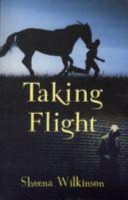
When his mother tries to commit suicide, 15-year old Declan Kelly is forced to move from a Belfast housing estate to the glamorous home of his aunt Colette and cousin Vicky. Declan is a troubled young man and terrible student who responds to his problems with violence. Vicky is a spoiled young woman, hard-working student and accomplished rider who loves horses. She is having trouble dealing with her parents divorce, and her father’s new family.
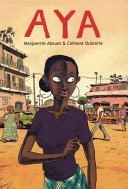
The original volume of Aya debuted to much critical acclaim, receiving a Quill Award nomination and praise for its accessibility and for the rare portrait of a warm and vibrant Africa it presented. This continuation of the story returns to Africa’s Ivory Coast in the late 1970s, where life in Yop City is as dramatic as ever. The original cast of characters is back in full force, with a case of questionable paternity fanning the flames of activity in the community. The new mother Adjoua has her friends to help with the baby, perhaps employing Aya a bit too frequently, while a new romance leaves Bintou with little time for her friends, let alone their responsibilities. The young women aren’t the only residents of Yopougon involved in the excitement, however; Aya’s father is caught in the midst of his own trysts and his employer’s declining Solibra beer sales, and Adjoua’s brother finds his share of the city’s nightlife.
See the review at WOW Review, Volume 5, Issue 2
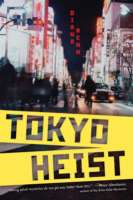
After a high-profile art heist of three van Gogh drawings in her home town of Seattle, sixteen-year-old Violet Rossi finds herself in Japan with her artist father, searching for the related van Gogh painting.
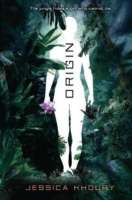
Pia has grown up in a secret laboratory hidden deep in the Amazon rain forest. She was raised by a team of scientists who have created her to be the start of a new immortal race. But on the night of her seventeenth birthday, Pia discovers a hole in the electric fence that surrounds her sterile home–and sneaks outside the compound for the first time in her life. Free in the jungle, Pia meets Eio, a boy from a nearby village. Together, they embark on a race against time to discover the truth about Pia’s origin–a truth with deadly consequences that will change their lives forever.
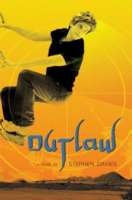
The children of Britain’s ambassador to Burkina Faso, fifteen-year-old Jake, who loves technology and adventure, and thirteen-year-old Kas, a budding social activist, are abducted and spend time in the Sahara desert with Yakuuba Sor, who some call a terrorist but others consider a modern-day Robin Hood.

Katla’s hopes of dodging unfinished business during her senior year are dashed by the arrival of two “Icelandic exchange students,” Marik and Jinky, who have come to collect Katla’s frail baby sister and take her to the water queen.

Josh Stephenson’s thirteenth year starts with a baffling sequence of events, including an odd gift from his estranged father, the arrival of his flirty seventeen-year-old female cousin, locker-room teasing about certain embarrassing anatomical changes, and wondering if dreams of love can ever come true.
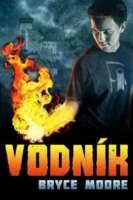
Sixteen-year-old Tomas and his Roma family left Slovakia because of mysterious attacks on his life when he was a child, but when they return, the same creatures of folklore begin to strike again and Tomas, aided by his cousin, will have to bargain with Death herself to set things right.
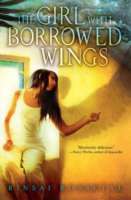
Seventeen-year-old Frenenqer lives a controlled and restricted life in the desert, like everyone else there, but when she meets Sangris, a Free, winged shape-shifter, everything changes.